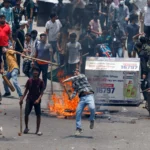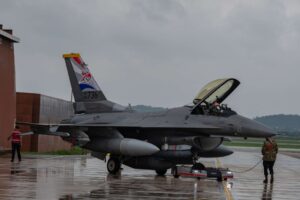Sitting on a narrow country road, the 180 sqm plot of land in the outskirts of Jakarta looked deserted. There were tall and unkempt shrubs as well as unused building materials occupying what was supposed to be the headquarters of a charitable organisation.
Several locals told CNA that there used to be a modest single-storey office on the premises.
Hanging on its front wall was a sign bearing the organisation’s name: “Abdurrahman bin Auf House of Zakat and Charity.”
That all changed in late 2020, when the organisation’s chairman, Fitria Sanjaya, was arrested by the Indonesian Police’s counter-terrorism unit. The property was raided shortly after and it has been abandoned since.
“No one had any idea what the office was exactly. It had always been very quiet with only one or two people coming and going,” said a local who requested anonymity when CNA went to the neighbourhood.
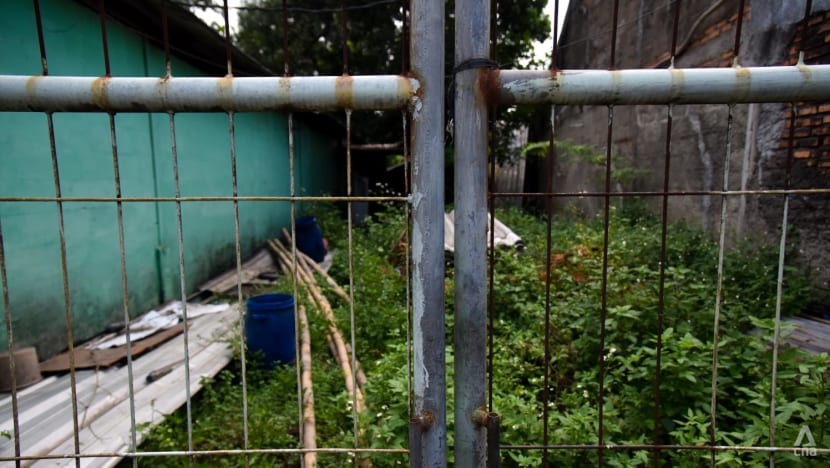
Authorities accused Abdurrahman bin Auf (ABA) of collecting donations from unsuspecting members of the public and funneling the funds to Jemaah Islamiyah (JI), a terrorist network with links to Al Qaeda. The network had been responsible for some of Indonesia’s deadliest terror attacks, including the 2002 Bali bombings which killed more than 200 people.
It started operating in 2009 and managed to collect between 15 billion rupiah (US$1 million) and 28 billion rupiah in public donations per year.
To date, 14 ABA officials – all of whom were active members of JI – have been arrested. They include three advisors: Farid Okbah, Ahmad Zain An-Naja and Anung Al-Hamat.
Okbah is a preacher with a sizeable number of loyal followers. In May 2021, months before he was arrested, he co-founded a political party called the Indonesian People’s Propagation Party and became its chairman.
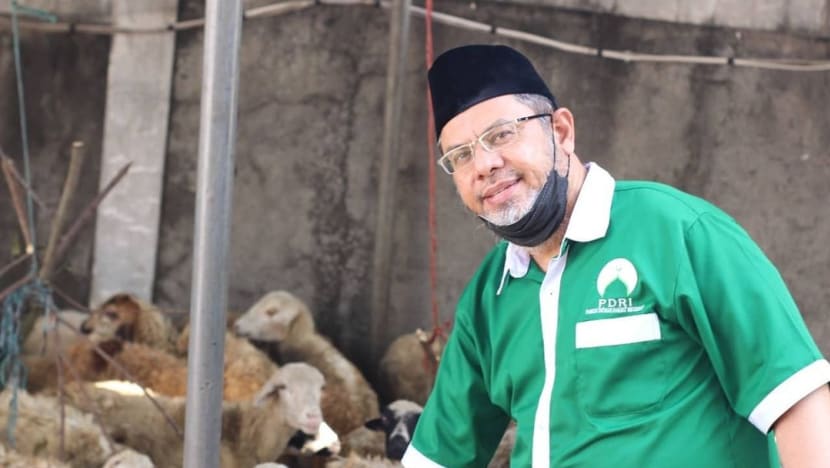
Meanwhile, An-Naja is a member of the Indonesian Ulema Council (MUI), the country’s most powerful Islamic body and a preacher with a modest following on social media.
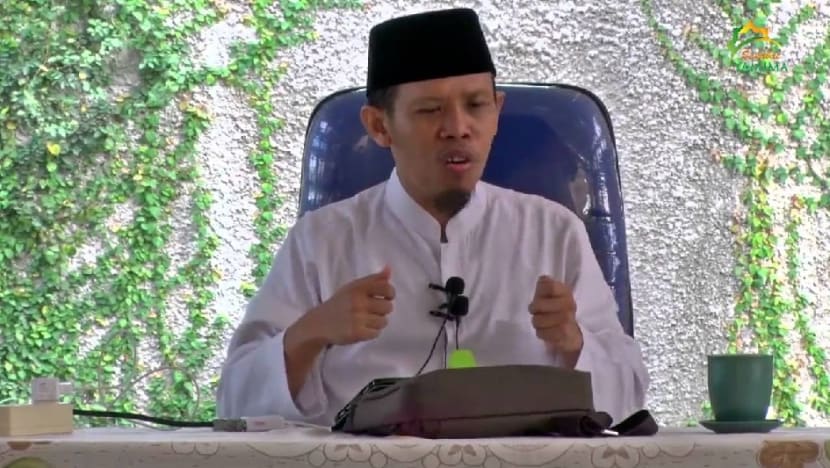
Al-Hamat is a university lecturer and chairman of Perisai Nusantara Esa, a legal aid foundation that the police said is funded and run by JI.
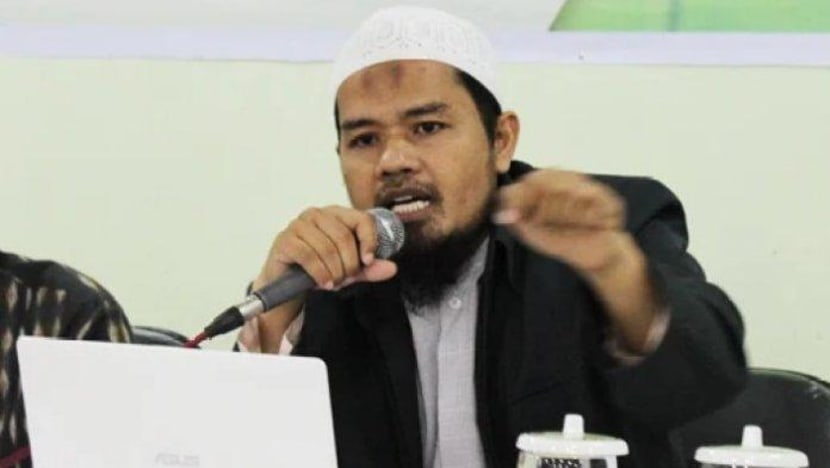
Police have since identified two other charities with links to JI and seized assets belonging to the network.
“They have been quietly infiltrating public institutions and almost every aspect of civilian lives, recruiting members, raising funds and spreading its ideology in secret,” the National Counter Terrorism Agency’s (BNPT) director for terrorism prevention, Ahmad Nurwakhid, told CNA.
The arrests serve as notice that the JI has transformed from a clandestine group operating in the shadows into a complex organisation with wings which are publicly visible.
“This is Jemaah Islamiyah’s way of adapting to changing times,” Adhe Bhakti, a senior researcher with the Jakarta-based Radicalism and De-radicalisation Study Centre, told CNA.
Experts and authorities are worried that these charities and organisations only serve as a front to finance the more sinister side of the terror network.
As these charities flourished, JI continued to train recruits and send its members to war-torn Syria to hone their combat skills as well as amassing explosives and firearms stashed in bunkers and safe houses.
HOW THE TRANSFORMATION BEGAN
After the 2002 Bali bombings, the authorities launched a major crackdown and arrested prominent JI leaders.
Para Wijayanto, a 58-year-old former manager at a paper company who headed the network from 2008 until June 2019 when he was arrested, decided to revamp the organisation.
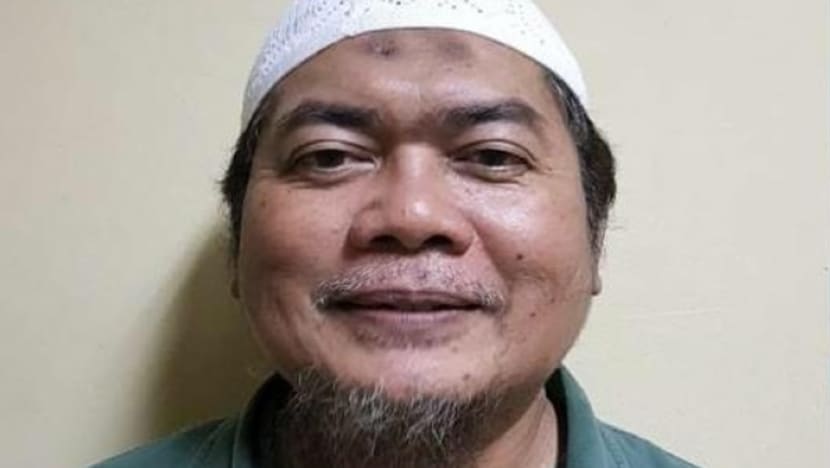
In a video released by the National Police in January last year, Wijayanto admitted to being the network’s Amir – Arabic for “commander” – after the arrest of his predecessor Zarkasih in 2007.
“I became Amir during a turbulent time. We had to rebuild,” he told police, adding that back then, the network was in shambles after the arrests and gunning down of hundreds of its prominent members.
Wijayanto said he soon abandoned the old JI guideline used by his predecessors and developed his own system called “Total Amniah (Security), Total Solution”.
According to court documents from Wijayanto’s trial, the new guideline detailed how members of the network should strive to attract public sympathy and new recruits as well as grow the loyalty of members. This was done via charities and economic development programmes.
The guideline also detailed how JI cadres should be trained to fill strategic positions in Indonesia’s bureaucracy so that they can change the system from the inside or serve as bureaucrats once the network accomplishes its goal of establishing an Islamic caliphate.
“Different Amirs had different policies but during Para’s (time), the changes were significant,” Badawi Rahman, a reformed terrorist said when interviewed by CNA at a small mosque near his home in Semarang city, Central Java province.
“The goal (of JI) remains the same, the establishment of an Islamic caliphate. The way is different. Old JI members viewed martyrdom as a goal, jihad as a goal. When in fact they’re not. They’re just means to an end,” he said. Rahman used to serve as Wijayanto’s security chief.






